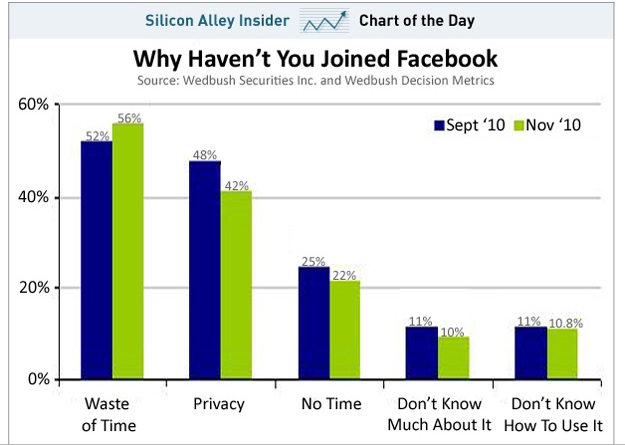Steven Johnson has adapted his speech to the Web 2.0 Summit and turned it into an OpEd piece on FT.com. It’s basically a follow-on from his excellent Hearst Lecture, which is also about the dangers of the unlinkable App. Sample:
Of course, the overwhelming majority of apps do not contain much information that would benefit from being linked to other things on the internet. If we do not figure out a way to link directly to one level of the Angry Birds game, we will probably survive as a culture. But the danger lies in a region of the digital information landscape barely mentioned by Mr Anderson: books. Where links abound, a rich ecosystem of commentary, archiving, social sharing and scholarship usually develops because links make it far easier to build on and connect ideas from around the web. But right now, books exist outside this universe. There is no standardised way to link to a page of a digital book.
Books contain the most carefully crafted and edited text that we have – truly the richest source of information in the world – and yet all that information remains unlinkable. Google works as well as it does because people find interesting information on the web and link to it; Google then prioritises pages that attract a disproportionate number of inbound links. But if you find a fascinating passage in a novel or a book of history, there is no standardised way to link to it, which means that the rest of the web cannot benefit from your discovery.
Fortunately, a solution to this problem exists, one that merely involves a commitment to use technology that already exists. Call it the mirror web. If you create digital information in any form, make a parallel version of that information that lives on the web. A magazine publisher creating an iPad app should ensure that each article has clear links to a mirror version of each article on the web. Then, if anyone wants to cite, tweet, blog or e-mail a reference to that article, it is always one tap away. The web version can be behind a pay wall or some other kind of barrier if the publisher chooses; what matters is that there is an address you can point to.
What much of the discussion about Chris Anderson’s “death of the Web” meme overlooks is the long term implication of a publishing ecosystem dominated by unlinkable apps — namely the dumbing down of our culture. The wonderful thing about the open, hyperlinked Web is that it enables it to be greater than the sum of its parts. The unrestricted sharing of information and ideas endows it with an invaluable emergent property: that of collective intelligence. (And yes I know about Jaron Lanier’s stuff about the dangers of “hive mind”, “digital Maoism”, etc.) But the fact is that the reason humankind has become as accomplished as it has is because we found ways of sharing good ideas. The irony about the Apps-mania now gripping the publishing world is that, in an era when we were presented (courtesy of Tim Berners-Lee) with the most efficient method yet developed for sharing ideas, they want to cut off — or at least regulate — the rate at which ideas flow.
Apps are wonderful in their way; but they can be tools for dumbing us down.
UPDATE: To which Bill Thompson (whom God Preserve) adds a comment:
“Steven (and you) both make good points, and it is indeed the case that ‘in an era when we were presented (courtesy of Tim Berners-Lee) with the most efficient method yet developed for sharing ideas, [publishers] want to cut off — or at least regulate — the rate at which ideas flow’ – but why are we surprised? Publishers were the bottleneck in the flow of ideas for 300 years – the abundance of the digital age has removed their control, and they want it back. The App and the ebook are the digital equivalent of a licence to operate a printing press.”

